With the cost of food rising, we have been tracking how much a very basic weekly shop at Tesco has gone up by in recent months.
Grocery inflation is set to reach a 14-year high this year, with food prices joining the increasing list of everyday expenses on the rise.
Since last year, it is estimated that most households will be spending over £533 more on groceries.
The Press and Journal and Evening Express have been looking at some of the must-have basic food products in Tesco to put this to the test.
It was found that milk, cheese and cooking oils have had the biggest jump in prices and a basic weekly shop for a couple has gone up by about £3.30, or 10%, since May – stacking up to an extra £13.20 every month, or more than £20 for a family of four.
Why are food prices rising?
All supermarkets in the UK have been increasing their prices as the war in Ukraine has put subsequent pressure on the price of animal feed, fertiliser, wheat and vegetable oils.
The high cost of fuel is having an impact on many farmers and on those delivering goods, as well as the sky-rocketing cost of gas and electric on producing most products.
As a result, many businesses are struggling in the face of these price rises with some having to close their doors.
What food products did we look at?
Each month, we looked at several food items that would be familiar food products in most people’s baskets.
These included some cereals and grains, fruit and vegetables, dairy products, meat and tea and coffee.
We chose the cheapest product in May to put together the most affordable shopping basket. However, on some occasions there was a cheaper product available over the last few months.
A two-person weekly shop in May at Tesco for these items cost about £34.30. But by August, this rose to £37.65 – a £3.35 price increase.
After accounting for not buying some products every week such as olive oil, this amounted to a rise of around £13.40 over a month.
For a family of four, a weekly shop cost £5.40 more in May and amounted to a £21.60 increase over a month.
What prices increased the most?
Olive oil rose by £1.05 – over 32% – during the four months. Dairy products also saw a dramatic increase with milk rising by 16% and cheddar cheese by 14%.
The price of mushrooms also shot up by 44% after the cheaper brand was no longer available.
The cost of onions, grapes, apples, tinned tomatoes, ham, tea, spreadable butter, sugar and rice stayed the same.
Chicken was the only product to reduce in price to £2.20 per kg.
Tesco said they have increased value lines to try to mitigate these costs.
A Tesco spokesman said: “With household budgets under increasing pressure we are absolutely committed to helping our customers, by keeping a laser focus on the cost of the weekly shop.
“We have significantly increased the number of value lines we offer and whether it’s price matching basics to Aldi prices, promising Low Everyday Prices on household staples, or offering exclusive deals and rewards through thousands of Clubcard Prices – we’re more committed than ever to providing our customers with great value.”
‘The £20 voucher was received like a £1,000 cash prize’
A £21 price increase a month for a family may seem on the lower end of things when compared to gas and electric, however, this only adds to a household’s problems.
Kristi Kelly, bureau manager at Aberdeen Citizens Advice Bureau said they had seen an increase in people needing help with groceries.
She said this could be due to the trial scheme the bureau has in place that offers supermarket vouchers to those that need it.
Ms Kelly said they had issued £9,500 worth of food support to clients in supermarket vouchers and foodbank referrals since April.
While food vouchers from the scheme are now running out, they had been a big help to some people.
In one case, Ms Kelly said a lady who had a bad health issue ended up losing her partner and job and had to go on benefits. When she was offered a £20 voucher, it made a massive difference.
“We offered her a voucher and she was so grateful,” she said. “You’d think we’d given her a £1,000 cash prize or something and it literally was a £20 voucher for Tesco.
“And it’s so hard to see people struggling to that degree that even something as small as £20 means so much to them.
“There are folks struggling because even the money we give, I just don’t think it goes as far as it used to.”
It is going to affect local economy and charities
Ms Kelly said they are seeing a lot more people struggling to pay for their bills and is worried about what the next few months hold.
She said: “We’re concerned about when we get to the point where we have clients coming to us for help and we have told them everything they can do.
“They’ve cut back on everything as much as they can, they’ve claimed all the benefits they can and they’re still struggling.
“And I’m not sure what we’re going to be able to say to people about what can they do next.”
According to statistics from Citizens Advice Scotland, when the new energy caps are put in place, more than 75% of people will be in fuel poverty. Even households with an annual income of £65,000 will be below the poverty line.
Even now, one in 10 households have no money left after paying for the monthly essentials.
With people cutting back on costs, Ms Kelly said they were concerned of the effect this was going to have on the local economy and also on funding for charities like theirs.
“We’re already finding that funding is getting much more difficult,” she added.
“Sometimes we’re lucky if we get the same level of funding we had before but like everybody else, our costs go up. So effectively, even steady funding is a cut to us as well.
“We’re concerned about funding going forward for ourselves and other charities. And my other concern from that as well is that this is going to hit so many people.
“It’s not just clients, I’m worried about the advisors being in a position where they’re trying to help somebody and they’re living in exactly the same position themselves.”
What can people do?
Ms Kelly added: “It’s probably more important now than ever before, for people to make sure that they are getting everything that they are entitled to in terms of making sure that they’ve applied for benefits or there’s often a lot of little grants and things that can help.”
The charity supports people needing help with their bills and finance and can carry out benefit checks, look at their bills to see if they can get better deals and see if they are entitled to grants.
Those needing help are encouraged to follow Citizens Advice Scotland’s campaign Our Advice Adds Up for guidance on where support can be found.
The Press and Journal and Evening Express are working to raise awareness of the vital role foodbanks play in our communities, and where people can get help.
The Big Food Appeal is also working to debunk some of the myths and stigma around foodbanks.
We have produced an interactive map of foodbanks and other schemes, so you can find the one nearest to you.
For more information, or to get involved with The Big Food Appeal, click here.
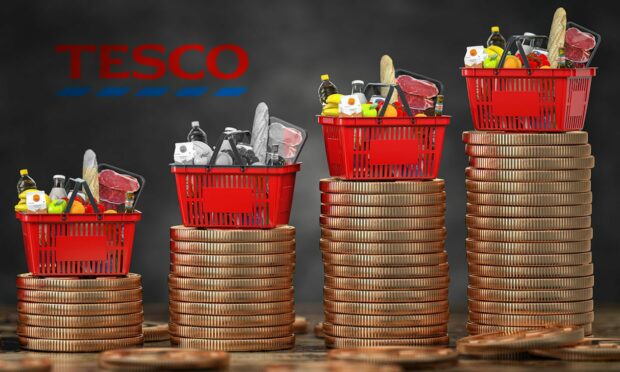
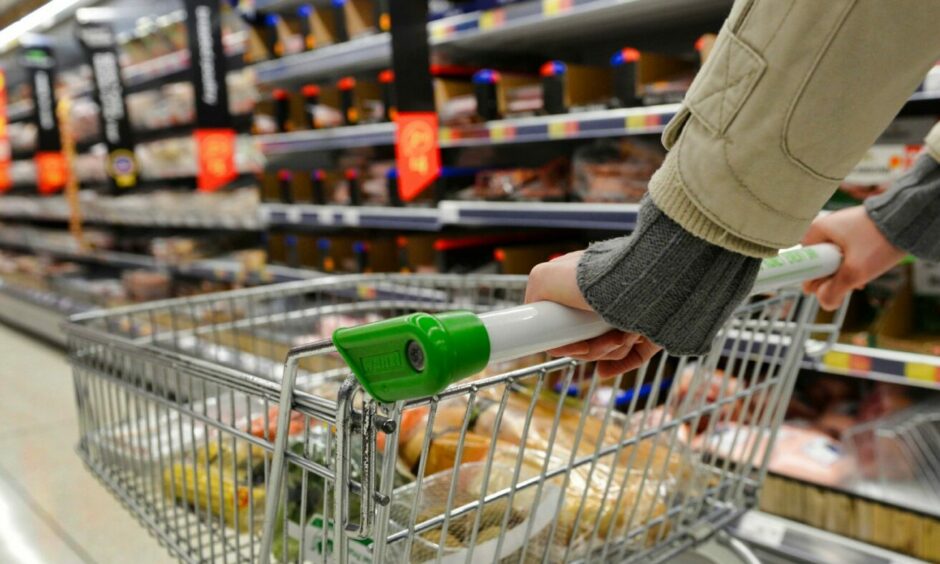
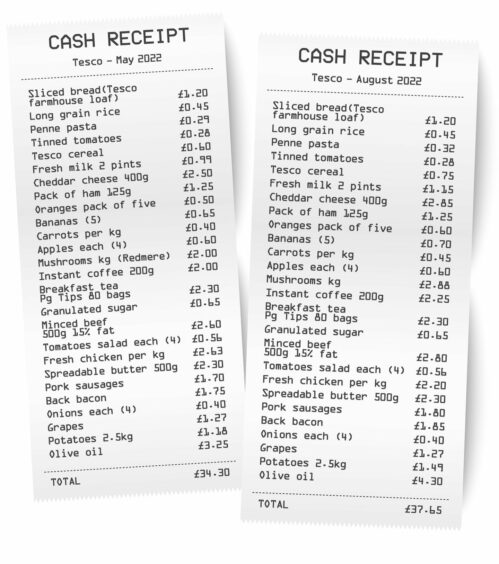
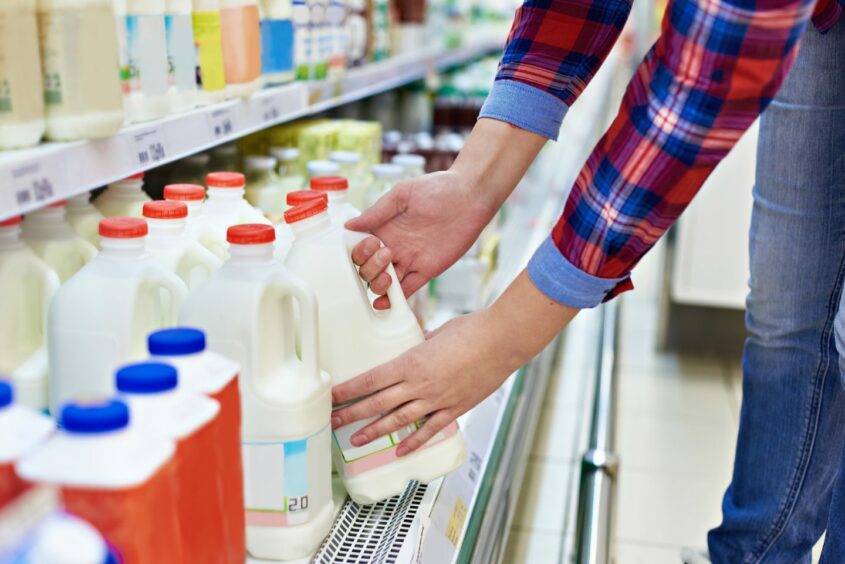

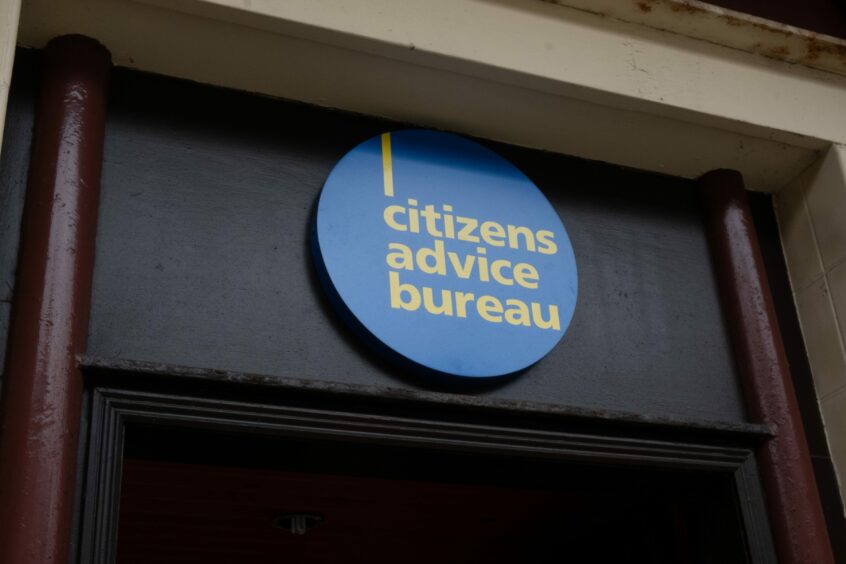
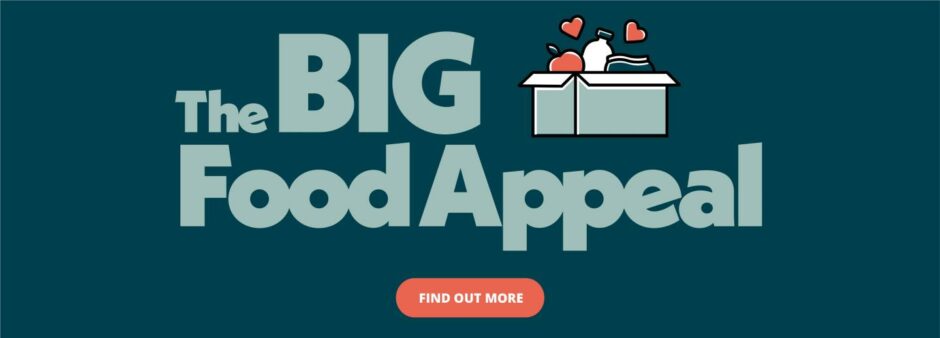
Conversation